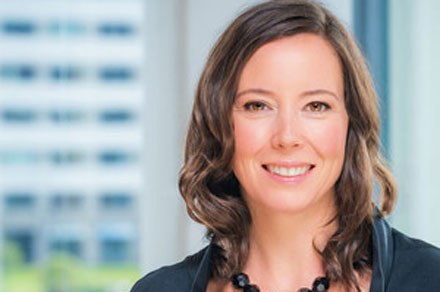
Pamela Bell
Nine weekly events involving experts in the field of architecture, urban design and urban planning will feature a diverse range of topics from Kiwibuild and prefabrication through to co-operative housing, as well as reigniting the debate about the best ways to do medium-density housing. Source: Timberbiz
The series includes Housing New Zealand’s Manager of Urban Design, Sue Evans discussing ways of fostering better social outcomes, their new apartment projects and the use of Cross Laminated Timber. All lectures are free.
Local and international architects will showcase award-winning multi-unit, medium-density projects both here and overseas, and demonstrate what makes these complexes work well.
The best ways to use the land recently acquired at the Unitec site will be discussed as well as the rise of co-operative housing, including schemes planned for New Zealand.
All presentations target issues relevant to architecture and planning and are intended to foster critical discussion and debate.
The first event is on 18 July – Pamela Bell, PrefabNZ at Engineering Lecture Theatre 401-439.
New Zealand has been building houses in much the same way for the past 150 years: a couple of blokes hammering sticks together in a paddock. Yet despite embracing the benefits of, for example, pre-nailed framing, the take up is slow for adopting alternatives such as panelisation and volumes.
Pamela Bell is the founder and CEO of PrefabNZ.
Set up in 2010, the organisation represents a range of industries and professionals advocating prefabrication. Saving both time and money, prefabrication can improve building quality by constructing components offsite under controlled conditions. This method can also increase safety and reduce waste.
Ms Bell’s Master of Architecture from Victoria University of Wellington focused on prefabrication and resulted in the book Kiwi Prefab: Cottage to Cutting Edge, co-authored with Mark Southcombe (Balasoglau Books, 2013). Her talk will introduce the principles of prefabrication in a New Zealand context, making connections to overseas innovations in the field.
She will demonstrate how prefabrication can become a major player in dealing with our housing crisis. In addition, Pamela will explain how this approach is ‘smarter, faster, cleaner and greener’ than traditional construction methods.





